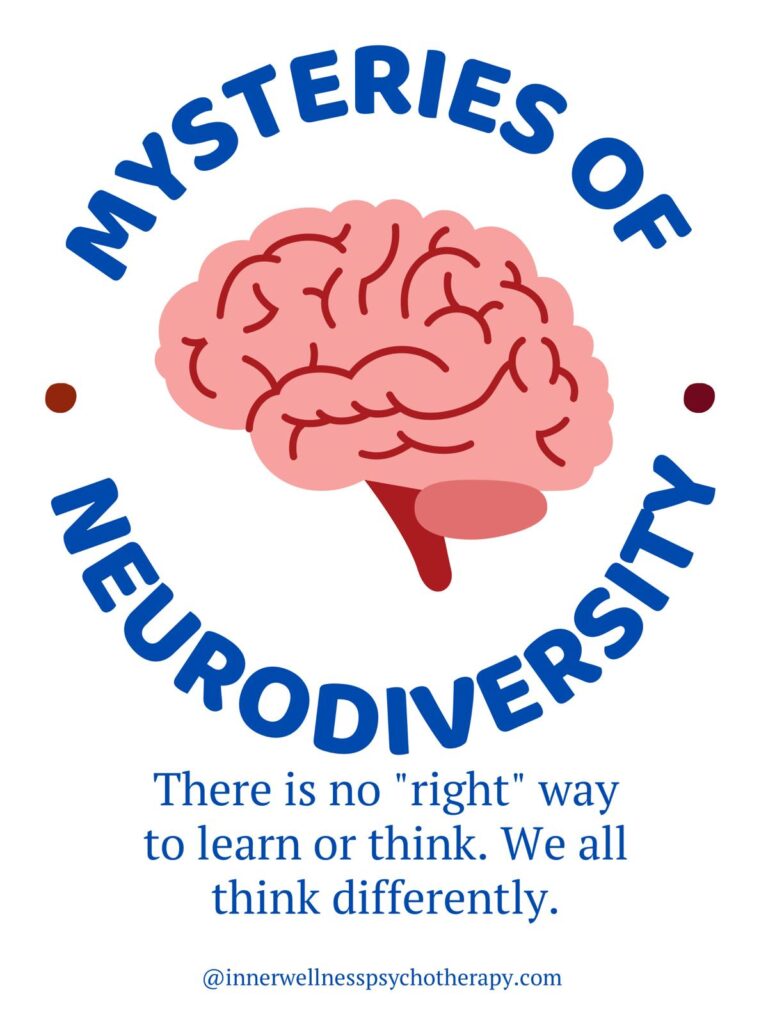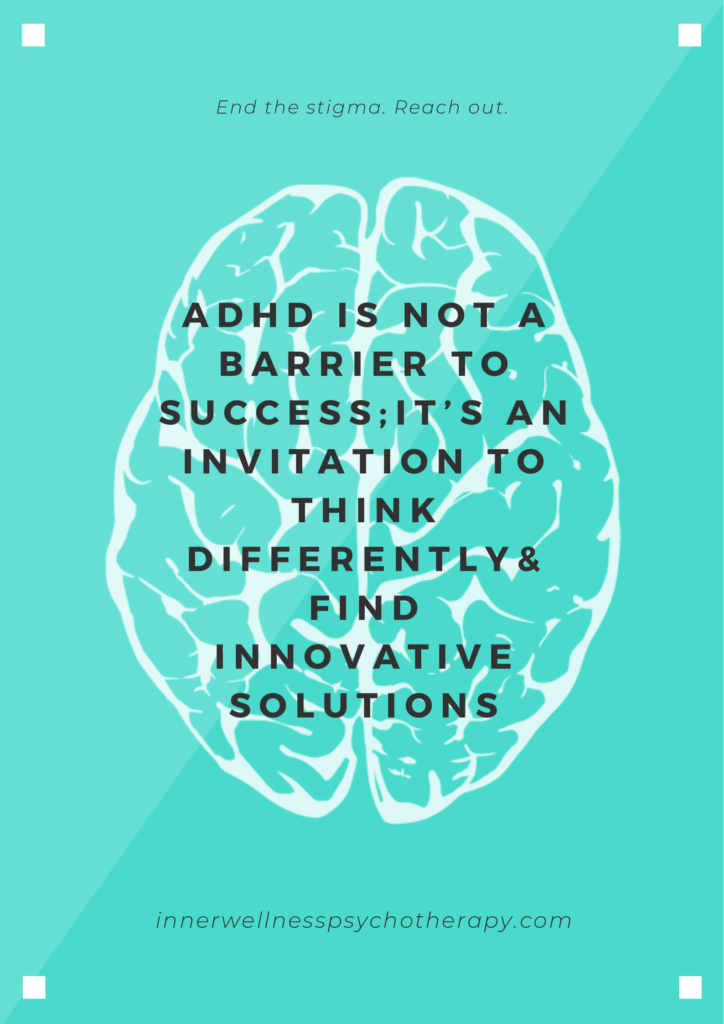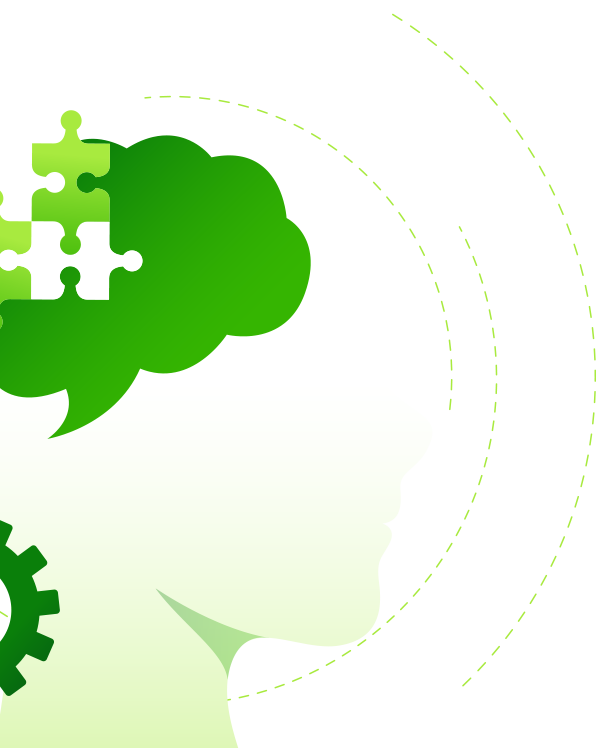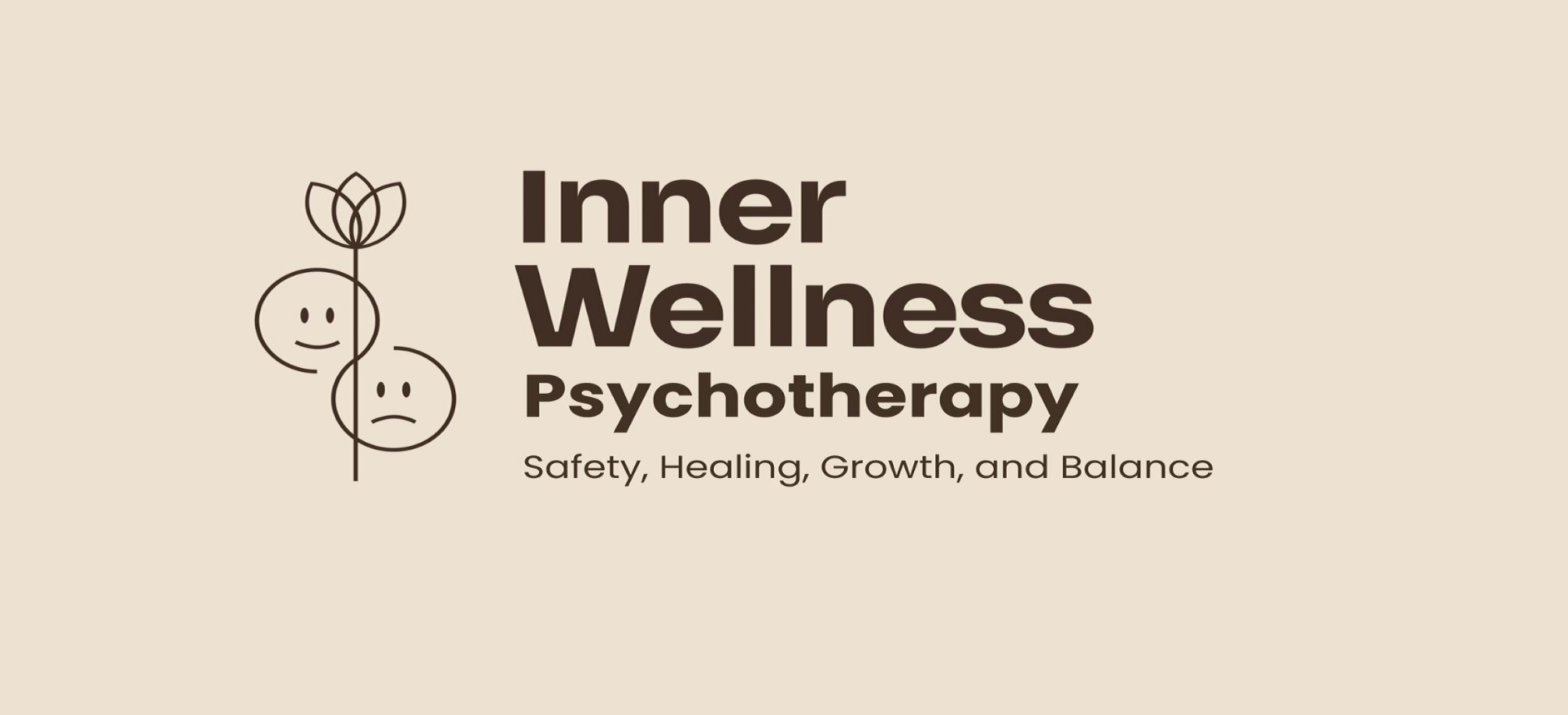Hey there, fellow seekers of knowledge and adventure! Today, we’re diving deep into the enigmatic world of ADHD (Attention Deficit Hyperactivity Disorder) – a captivating journey filled with twists, turns, and fascinating discoveries. So, fasten your seatbelts and prepare to embark on an illuminating expedition into the realm of developmental disabilities and executive function.
Unraveling the Developmental Puzzle: What ADHD Truly Entails

First off, let’s address the elephant in the room: ADHD is not just about kids being a little too hyper or having trouble paying attention in class. It’s a complex neurodevelopmental condition that can affect individuals of all ages, and its manifestations go far beyond what meets the eye. So, what exactly does ADHD entail? Well, let’s break it down. At its core are three hallmark symptoms: inattention, impulsivity, and hyperactivity.
According to the sage wisdom of renowned researcher Russell Barkley, ADHD is not just a simple quirk of behavior – it’s a developmental disability that impacts the very fabric of how our brains function. Picture it as a complex mosaic of cognitive challenges and unique strengths, waiting to be deciphered and understood.
But wait, there’s more! Barkley unveils a ground-breaking revelation: ADHD isn’t a one-size-fits-all condition. No, dear readers, it’s a multifaceted gem with two main types: the inattention type and the impulsivity type. Think of them as two sides of the same coin, each presenting its own set of challenges and opportunities for growth.
But wait, there’s more. ADHD often comes with a whole host of co-occurring difficulties, from executive dysfunction to emotional dysregulation and everything in between. These additional layers can make navigating daily life even more of a puzzle for individuals with ADHD and those who care for them.
Some folks might struggle with hyperactivity, while others battle with inattention or a combination of both. And let’s not forget the often-overlooked challenges like emotional dysregulation or executive dysfunction – they’re all part of the ADHD package deal.
Now, let’s talk diagnosis. It’s not just about ticking boxes on a checklist; it’s about understanding the individual behind the symptoms. That means taking into account personal experiences, environmental factors, and yes, even the occasional quirky brain quirk. Because at the end of the day, no two brains are exactly alike.
Exploring Executive Functioning (EF) in the Context of ADHD
But what exactly is executive functioning (EF), you may ask? In simple terms, EF refers to a set of cognitive processes that enable us to plan, organize, and regulate behavior. Think of it as the conductor of an orchestra, coordinating various instruments to produce harmonious melodies.
But here’s the thing: understanding Executive Functioning in the context of ADHD isn’t just about

on what’s going wrong. It’s also about recognizing the unique strengths and abilities that individuals with ADHD bring to the table. Sure, they might struggle with staying organized or sticking to a schedule, but they can also be incredibly creative, resilient, and full of big ideas.
So, how do we navigate the rocky terrain of Executive Functioning in ADHD? It starts with education and awareness – understanding that ADHD isn’t just about attention or hyperactivity; it’s about a whole constellation of challenges, including Executive Functioning difficulties. From there, it’s about offering support and accommodations that empower individuals with ADHD to thrive in a world that sometimes feels like it’s moving a mile a minute.
Whether it’s breaking tasks down into smaller, more manageable steps, providing visual aids and reminders, or teaching strategies for emotional regulation and impulse control, there are plenty of tools in the toolbox for supporting Executive Functioning in ADHD. And by embracing a strengths-based approach that celebrates the unique talents and abilities of individuals with ADHD, we can create a world that’s a little bit brighter for everyone.
Now, let’s examine how ADHD is intricately linked to deficits in EF, particularly in the domains of flexibility, inhibition, and attention:
Flexibility: EF encompasses the ability to adapt to changing circumstances and shift perspectives. Individuals with ADHD may struggle with cognitive flexibility, finding it challenging to switch between tasks or adjust their behavior in response to new information.
Inhibition: Inhibition refers to the ability to control impulses and refrain from acting impulsively. Individuals with ADHD may experience difficulties with inhibitory control, leading to impulsive behaviors and poor decision-making.
Attention: Attention serves as the foundation of EF, allowing us to focus on relevant stimuli while filtering out distractions. However, individuals with ADHD may exhibit deficits in sustained attention, leading to distractibility and difficulty maintaining focus on tasks.
Executive Function (EF)is indeed a spectrum, encompassing various cognitive skills that are crucial for effective functioning in daily life. For individuals with ADHD, navigating this spectrum can present unique challenges, particularly in areas such as:
Working Memory: Picture a mental whiteboard where you jot down important information – that’s working memory in action. However, individuals with ADHD may struggle to retain and manipulate information in their minds, leading to difficulties in following instructions or completing tasks.
Sense of Time: Time perception can be a slippery slope for those with ADHD. They may experience “time blindness,” making it challenging to estimate how long tasks will take or adhere to schedules.
Planning & Prioritizing: Planning and prioritizing are like navigating a maze of possibilities. Individuals with ADHD may find it difficult to set goals and organize their tasks effectively, often feeling overwhelmed by the sheer volume of responsibilities.
Regulating Attention: Imagine trying to focus on a single task amidst a cacophony of distractions – that’s regulating attention for you. Individuals with ADHD may struggle to maintain focus, frequently shifting their attention from one stimulus to another.
Adapting to Changes: Life is full of unexpected twists and turns. Adapting to changes requires flexibility and resilience, qualities that may be challenging for individuals with ADHD.
Self-Regulation: Self-regulation is like having an internal compass guiding your behavior. Individuals with ADHD may grapple with impulsivity and emotional dysregulation, finding it difficult to control their impulses or manage their emotions.
Starting & Shifting Tasks: Starting a task is one thing; shifting gears midway through is another. Individuals with ADHD may struggle with task initiation and task switching, often getting stuck in a cycle of procrastination and avoidance.
Meta Cognition: Meta cognition involves thinking about thinking – reflecting on our thoughts and actions. Individuals with ADHD may find it challenging to monitor and evaluate their own cognitive processes, impacting their self-awareness and problem-solving abilities.
Understanding these challenges is crucial for developing tailored strategies and interventions to support individuals with ADHD in overcoming obstacles and thriving in various aspects of life.
Looking Ahead: Strategies for Enhancing Executive Function As we conclude our voyage through the realms of ADHD and executive function deficits, I invite you to anticipate our forthcoming article, where we will delve into practical strategies and exercises designed to bolster EF. From mindfulness practices to cognitive training exercises, we will equip you with the tools to fortify your cognitive capacities and navigate life’s challenges with resilience and efficacy.
In the interim, I encourage you to reflect deeply on Barkley’s insights and consider how they resonate with your own experiences or those of your loved ones. By deepening our understanding of ADHD and EF, we cultivate empathy, support, and inclusivity for individuals navigating the complexities of these conditions.
So, until our next rendezvous, dear readers, may your minds remain open, your hearts compassionate, and your thirst for knowledge unquenchable as we continue our expedition of exploration and discovery together.
Reference:
Adhd Videos. (2014, August 22). 30 Essential Ideas you should know about ADHD, 1A Intro, Chronic Developmental Disability [Video]. YouTube. https://www.youtube.com/watch?v=BzhbAK1pdPM
Benallie, K. J., McClain, M. B., Bakner, K. E., Roanhorse, T. T., & Ha, J. (2021). Executive functioning in children with ASD + ADHD and ASD + ID: A systematic review. Research in Autism Spectrum Disorders, 86, 101807. https://doi.org/10.1016/j.rasd.2021.101807



